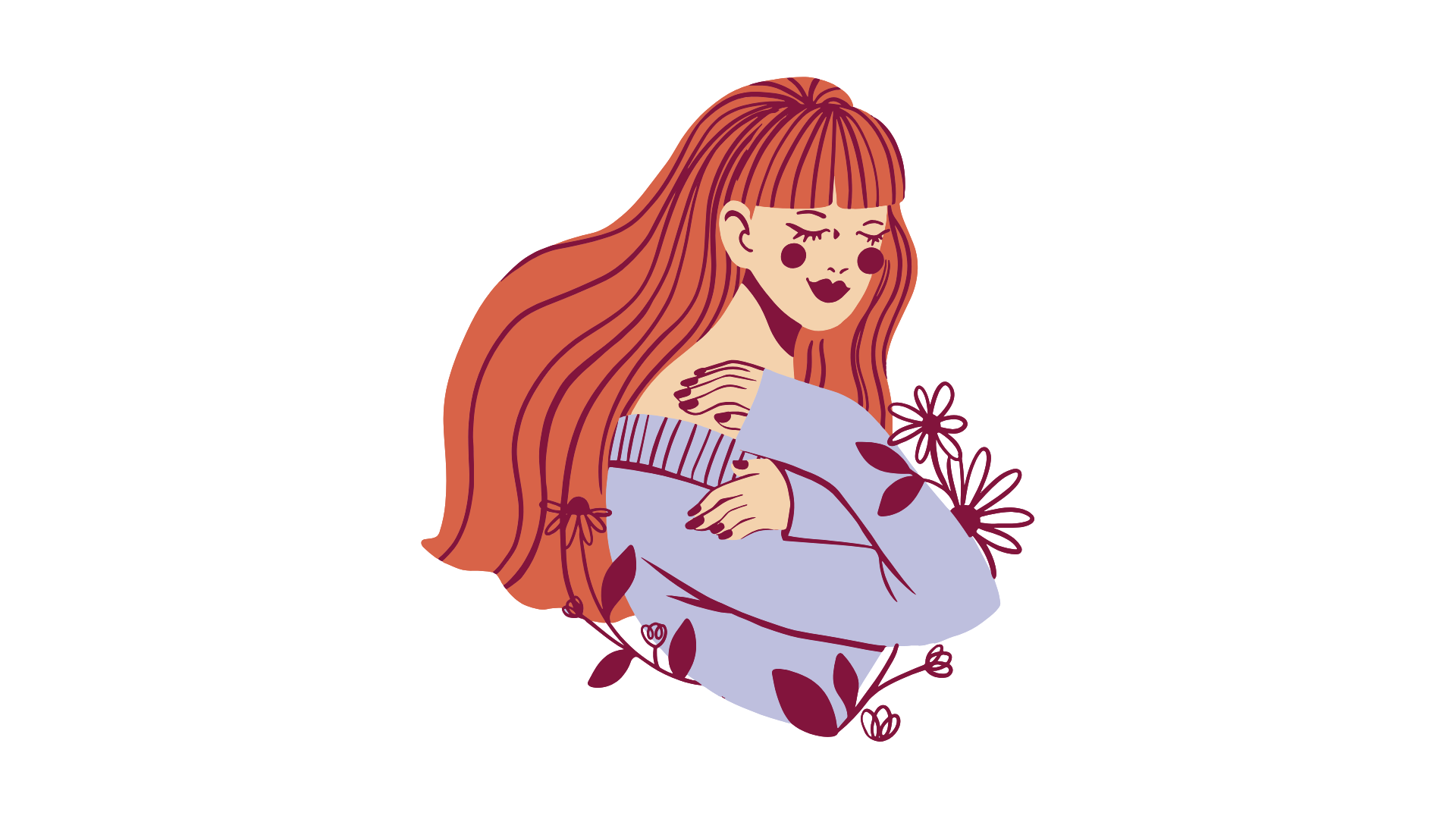Autism & ADHD Support for Late-Diagnosed Women in Portland & Washington
Understanding Your Neurodivergent Identity Beyond the Diagnosis
If you've recently discovered you're autistic or have ADHD—whether through formal diagnosis, self-identification, or recognizing yourself in your child's evaluation—you might be asking yourself, "Now what?"
I get it. The relief of finally understanding why certain things have always felt harder for you can be overwhelming. Maybe you're connecting decades of dots, seeing your perfectionism, people-pleasing, and exhaustion through an entirely new lens. Perhaps you're a parent who recognized yourself in your child's autism diagnosis, or you're navigating perimenopause and suddenly your masking strategies aren't working like they used to.
I'm Dr. Erica Aten, and I specialize in supporting late-diagnosed and self-identified autistic adults, particularly women and AFAB individuals, through this profound identity shift. As a neurodivergent mom myself, I understand both personally and professionally what it means to unmask, integrate your neurodivergent identity, and figure out what authentic living looks like for you.
Moving Beyond Crisis to Integration
My practice focuses on a specific point in your neurodivergent journey. You're not in crisis. You're not seeking acute symptom management. You've likely already done therapy, maybe for years, addressing anxiety or what you now understand were autism-related challenges.
What you're seeking now is different. You want to:
Understand how autism and ADHD have shaped your life experiences
Develop strategies that actually work with your neurodivergent brain
Navigate the complex emotions of late diagnosis
Figure out how to unmask safely and authentically
Build a life that honors your neurotype rather than fights against it
This integration work is especially crucial if you're navigating midlife transitions. Many of my clients are discovering their autism during perimenopause, when hormonal changes make masking exponentially harder. Others are parents balancing family needs with their own neurodivergent traits, trying to model authenticity for their children while still figuring out what that means for themselves.
My Approach: Evidence-Based Treatment for Neurodivergent Minds
I bring both lived experience and clinical expertise to our work together. With my doctorate and specialized training in evidence-based treatments, I offer more than just validation—though validation is certainly part of the process. I provide structured, research-backed approaches tailored specifically for how neurodivergent brains process information and experiences.
My therapeutic approach draws from several evidence-based modalities:
Exposure and Response Prevention (ERP) helps address the anxiety and OCD symptoms that often accompany autism. I adapt traditional ERP techniques to work with autistic thinking patterns and sensory sensitivities.
Inference-Based CBT (I-CBT) recognizes that many autistic individuals experience obsessive thoughts differently. Rather than focusing solely on compulsions, we explore the reasoning processes behind your concerns.
Cognitive Processing Therapy and Prolonged Exposure Therapy address trauma—because let's be honest, living in a neurotypical world as an undiagnosed autistic person often involves repeated invalidation and traumatic experiences.
The Reality of Late Diagnosis and Self-Identification
Discovering you're autistic or have ADHD in your 30s, 40s, or 50s brings unique challenges. You've likely spent decades perfecting your mask, receiving praise for traits that exhausted you—your attention to detail, your ability to anticipate others' needs, your high achievement despite the internal cost.
Now you're recognizing these weren't personality quirks but survival strategies. The "good girl" programming, the perfectionism, the people-pleasing—they were ways to navigate a world that felt unpredictable and overwhelming.
I work specifically with individuals at this intersection of recognition and integration. Whether you've received a formal diagnosis or identify as autistic through self-discovery, my focus is on helping you understand your neurotype and build a life that works with your brain, not against it.
Supporting Neurodivergent Parents and Professionals
Many of my clients are high-achieving professionals in demanding fields where their autistic traits help them excel—until burnout hits. Others are parents trying to support their neurodivergent children while processing their own late diagnosis.
If you're navigating parenthood as a newly-identified autistic adult, you're dealing with multiple layers of complexity. You're potentially:
Processing grief about your own unmet childhood needs
Advocating for your child while learning to advocate for yourself
Managing sensory overwhelm while meeting family demands
Modeling authenticity while still learning what that means for you
Our work together acknowledges these intersecting challenges without minimizing their impact on your daily life.
LGBTQ+ Affirming Neurodivergent Care
The intersection of neurodivergence and LGBTQ+ identity is significant—research shows autistic individuals are more likely to identify as LGBTQ+ than neurotypical peers. My practice provides explicitly affirming care for queer and trans individuals navigating both neurodivergent and LGBTQ+ identities.
Understanding how these identities interact and influence each other is crucial for authentic self-expression and genuine healing. Whether you're exploring gender identity, sexual orientation, or both alongside your neurodivergent discovery, I provide a safe, knowledgeable, and lived-experience space for that exploration.
Online Therapy Designed for Neurodivergent Needs
I offer online sessions exclusively, which many of my autistic and ADHD clients find more accessible than traditional in-person therapy. Virtual sessions allow you to:
Remain in your comfortable, sensory-controlled environment
Avoid the social demands of waiting rooms
Use fidgets, stims, or comfort items without self-consciousness
Take breaks as needed
Access support regardless of your location in Oregon or Washington State
Starting Our Work Together
My intake process respects your need for predictability and clear information. I offer a free 15-minute consultation where we can discuss your needs and determine if we're a good fit. This isn't a high-pressure sales call—it's an opportunity for you to ask questions and get a sense of my approach.
If we decide to move forward, the intake session provides a comprehensive review of your history and current needs. We'll explore your biopsychosocial factors, discuss your therapy goals, and begin mapping out our work together. I take a holistic view, understanding that your neurodivergence doesn't exist in isolation but intersects with every aspect of your life.
Following intake, I typically recommend recurring appointments to maintain consistency and momentum in our work. I handle scheduling directly, either during our sessions or via email if adjustments are needed.
Beyond Individual Therapy
In addition to individual therapy, I offer clinical supervision for therapists seeking to better understand and serve neurodivergent clients. I also provide business development consultations for professionals looking to create more neurodivergent-affirming practices.

Taking the Next Step
If you're ready to move beyond just knowing you're autistic or have ADHD to actually integrating this understanding into your life, I'm here to support that journey. This isn't about fixing or changing you—it's about understanding yourself more fully and building a life that honors your authentic neurodivergent self.
Whether you're processing a recent diagnosis, navigating midlife changes, supporting your neurodivergent child while discovering your own neurotype, or simply ready to stop masking so hard, our work together can help you find your path forward.
Contact me today to schedule your free 15-minute consultation. Let's explore how therapy can support your journey from "I'm autistic—now what?" to living authentically as your neurodivergent self.





